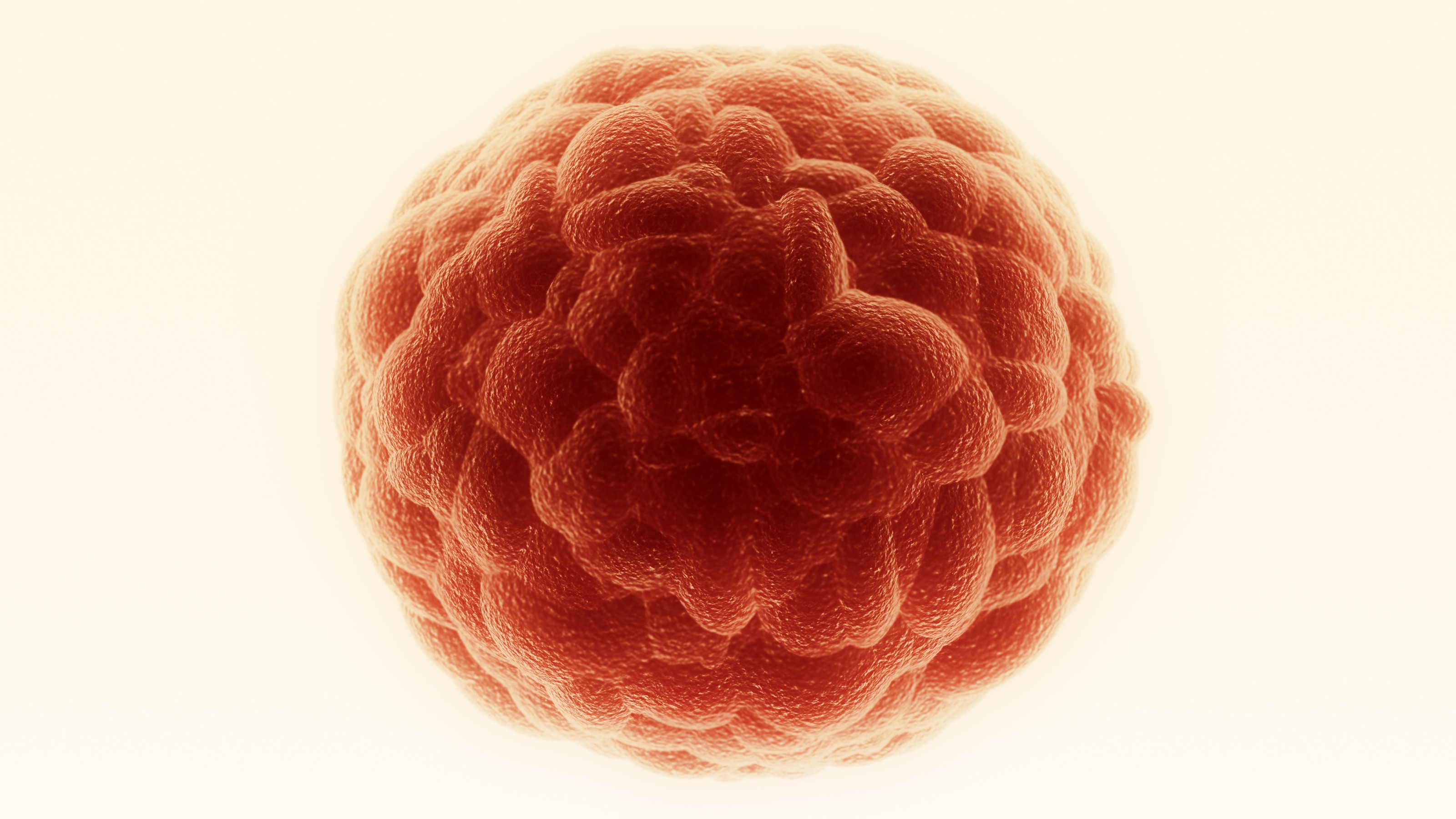Insulin overload: How Western diets can accelerate cell aging

- The hormone insulin is essential to the body, telling tissues to absorb sugar from the blood. However, too much can be a bad thing because it instructs cells to engage in wanton growth with less upkeep.
- When insulin levels are lower, the body is more likely to break down fats for energy instead of sugars. This releases compounds called ketones, which signal to cells that times are lean, promoting efficiency in energy production, increased apoptosis, and DNA repair.
- You can reduce the amount of insulin circulating in the blood by following a ketogenic diet, simply eating less, engaging in 24-hour fasts, or consuming fewer foods that spike blood sugar.
Insulin is one of the most important hormones in the body, telling our tissues to absorb sugar from the blood. Too little insulin leads to high blood sugar, which results in diabetes, prompting a host of debilitating symptoms: fatigue, blurred vision, stupor, and even coma.
Yet as vital as insulin is, a team of aging researchers from the University of Westminster says that it’s a double-edged sword. In a recent paper published in the journal Antioxidants, the researchers described how too much of the hormone speeds up cellular aging. And if you’re eating a normal Western diet full of refined grains, high-sugar drinks, and sweets, chances are good that you have too much insulin.
Intracellular housekeeping
Insulin doesn’t only encourage the necessary removal of sugar from the blood.
“Insulin signals to the cell that energy is abundant, and, therefore, there is no need to be conservative with resources and run a tight ship,” the researchers wrote. “Insulin speeds up a cell’s cycle, to replicate itself faster, preventing any pauses to check if DNA copying was conducted properly, and preventing a good dose of intracellular housekeeping.”
Without this housekeeping, the rate of cellular apoptosis — programmed cell death — slows down. This process culls cells that are damaged beyond repair, keeping organs functioning optimally. When aged and degraded cells grow too great in number within tissues, chronic disease can develop, as well as outward signs of aging.
Striking a balance with insulin
So, how can we reduce the amount of insulin in the body? One way is through a ketogenic diet, where you consume fewer than 200 calories worth of carbohydrates per day, a vast decrease from the more than 1,000 calories from carbohydrates that most Americans consume.
However, the researchers say that most people don’t need to radically reshape their diet to reduce their insulin and lessen the hormone’s influence on cellular processes. Simply eating less does the trick as well. You could also try 24-hour fasting, in which you eat only once per day, as much as you like. You could also consume more foods that don’t spike blood sugar — such as eggs, whole grains, nuts, leafy, greens, fish, and avocados — and fewer foods that do, like yogurt, juices, pasta, potatoes, and milk.
With fewer simple sugars and less insulin circulating in our blood, the body starts breaking down more fats for energy, which in turn releases molecules called ketones. While insulin signals to cells that energy is plentiful, encouraging wanton growth, ketones signal that times are lean, promoting efficiency in energy production, increased apoptosis, and DNA repair.
This translates to “healthier cells, a healthier individual, and a chance to maximize lifespan,” the researchers wrote. Currently, clinical trials are underway to find out if taking ketones via dietary supplements can also slow cellular aging.
Through better sanitation, improved public safety, a reduction in hunger, and advancements in medicine, humans are now living longer than ever. At the same time, we often aren’t enjoying good health during those additional years. Slowing down cellular aging could be a solution, the researchers wrote.
“We have successfully extended ageing; our next aim should be to extend youth, and, if we can achieve that, then we may begin to push the envelope on increasing lifespan.”





